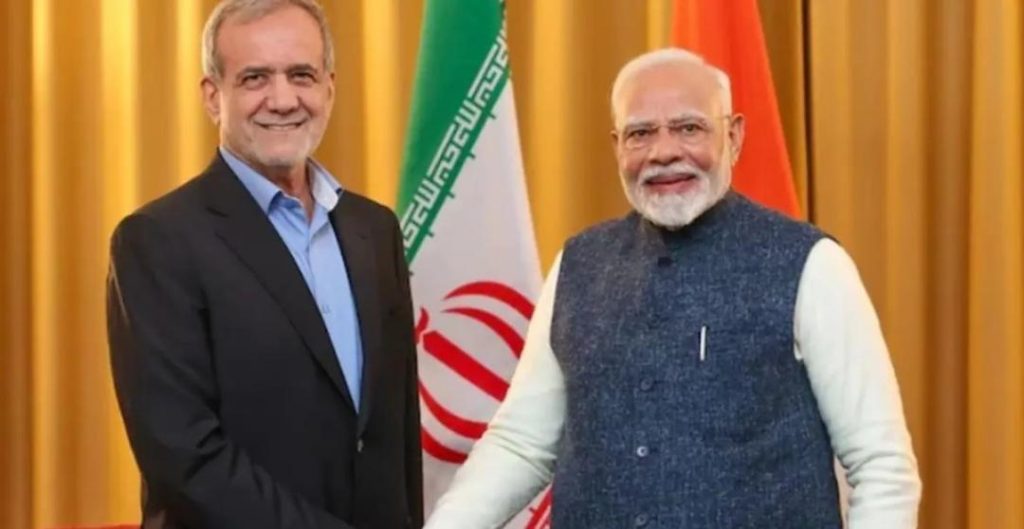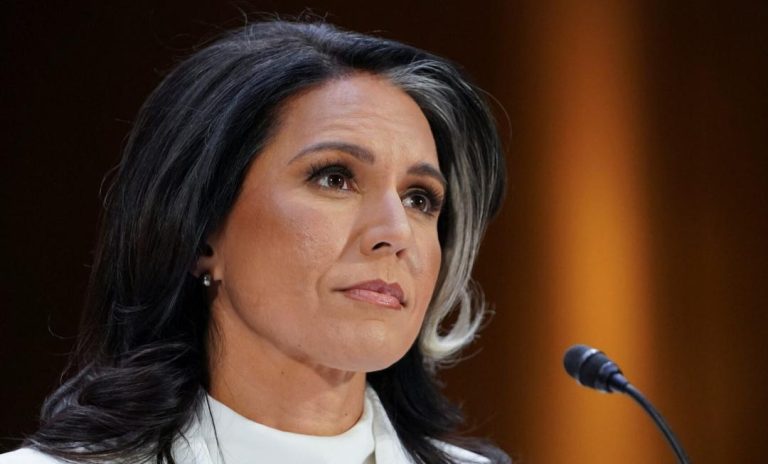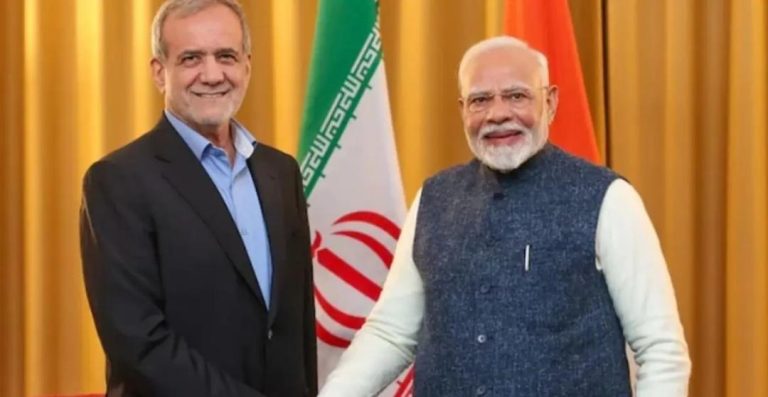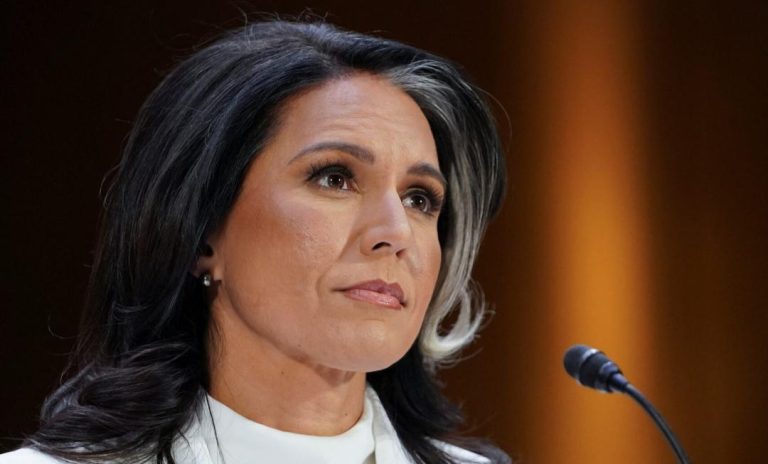
Iran Offers to Mediate Between India & Pak After Pahalgam Attack
Tensions between India and Pakistan have been escalating in recent weeks, with the terrorist attack in Pahalgam, Jammu and Kashmir, on June 8th, serving as a major flashpoint. The attack, which left several Indian security personnel dead, has led to a significant deterioration in bilateral relations between the two countries. In the midst of this heightened tension, Iran has made a bold move by offering to mediate between India and Pakistan.
In a statement to X, Iran’s Foreign Minister, Seyed Abbas Araghchi, wrote, “Tehran stands ready to use its good offices in Islamabad and New Delhi to forge greater understanding at this difficult time.” This offer comes as a significant development, considering the long-standing rivalry between the three nations.
The Pahalgam attack, which was claimed by a Pakistan-based terrorist group, has led to a strong reaction from the Indian government. In response, India has suspended the Indus Waters Treaty, a 57-year-old accord that regulates the sharing of the waters of the Indus, Jhelum, and Chenab rivers between the two countries.
The suspension of the treaty is a significant escalation of the tensions between India and Pakistan. The treaty, which was signed in 1960, is seen as a cornerstone of the peaceful relationship between the two countries. The suspension of the treaty has raised concerns about the potential for a full-blown conflict between the two nations.
Iran’s offer to mediate between India and Pakistan is seen as an attempt to prevent a further deterioration of the situation. Tehran has historically maintained good relations with both India and Pakistan, and has played a key role in regional diplomacy. The Iranian government has been trying to promote regional stability and cooperation, and its offer to mediate is seen as a key step in this direction.
The offer is also seen as a recognition of the importance of dialogue and diplomacy in resolving the crisis. In recent years, the relationship between India and Pakistan has been marked by periods of tension and conflict, including several military skirmishes and terrorist attacks. The current standoff is seen as a major test for the two countries, and Iran’s offer to mediate is seen as a way to prevent further escalation.
Iran’s offer to mediate is also seen as a potential game-changer in the region. The country has been trying to increase its influence in the region, and its offer to mediate between India and Pakistan is seen as a way to achieve this goal. Tehran has been trying to promote its own brand of regional diplomacy, which is centered on the idea of cooperation and mutual respect.
The Iranian government has been trying to distance itself from the current tensions between India and Pakistan, and has called for both countries to refrain from escalating the situation. In a statement, the Iranian Foreign Ministry said, “We urge both countries to exercise restraint and avoid any actions that could lead to further tension and conflict.”
The offer to mediate is also seen as a potential way to promote regional cooperation. Iran has been trying to promote a regional dialogue on issues such as terrorism, border security, and trade. The country has been trying to bring together regional leaders to discuss these issues, and its offer to mediate between India and Pakistan is seen as a way to promote this dialogue.
In conclusion, Iran’s offer to mediate between India and Pakistan is a significant development in the current standoff between the two countries. The offer is seen as a recognition of the importance of dialogue and diplomacy in resolving the crisis, and is a potential game-changer in the region. The Iranian government’s efforts to promote regional cooperation and stability are welcome, and its offer to mediate is a significant step in this direction.






